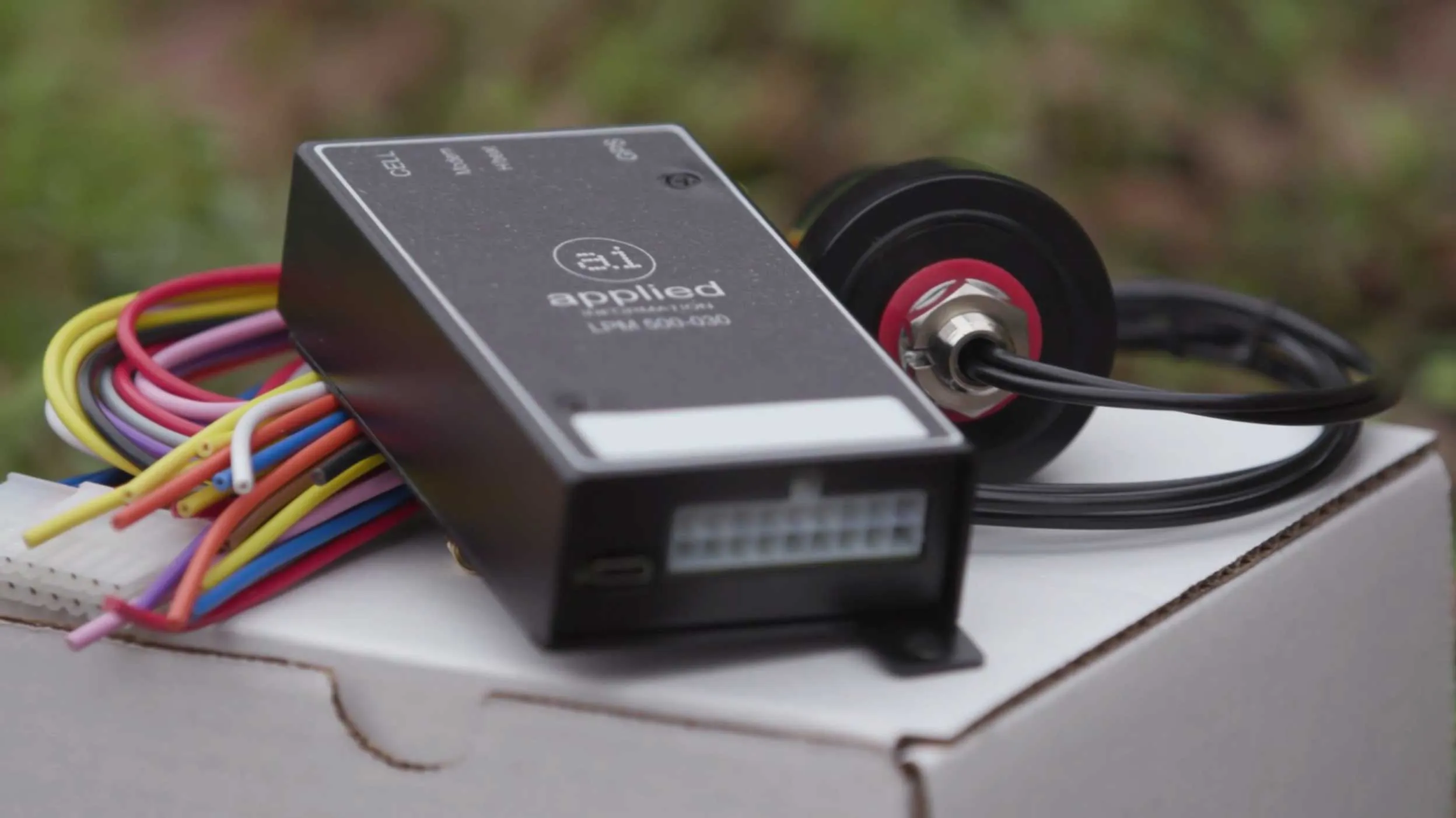
Australian company
Mercury Innovation will use the ITS World Congress to unveil three new products - two complimentary traffic signs, the ‘eMajor’ and the ‘eMinor’ - as well as the ‘eStop’ real-time electronic bus stop. The company says these unique electronic signs use proprietary display technologies offering exceptional direct sunlight reading capabilities while maintaining ‘ultra’ low power consumption rates. This outstanding combination makes eSigns a perfect solution for a new category of variable road side signage.
“The ‘eSign’ product range has significant green credentials with all power requirements being drawn from their integrated solar panel, delivering real world cost savings,” says Enrique Esquivel, co-founder of Mercury Innovation. “Savings during hardware installation/integration and savings on running costs significantly reduce the ‘whole of life’ cost of this product over comparable technologies.”










